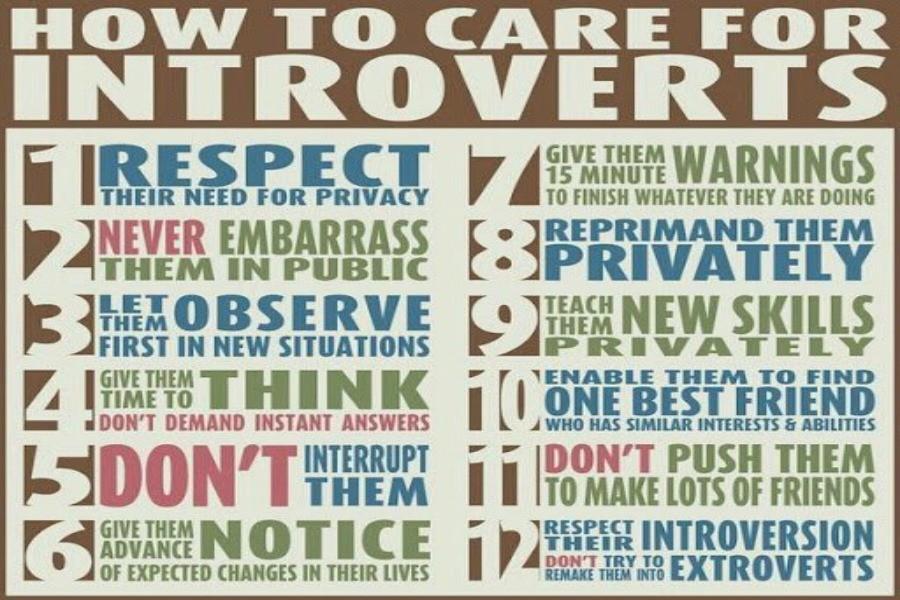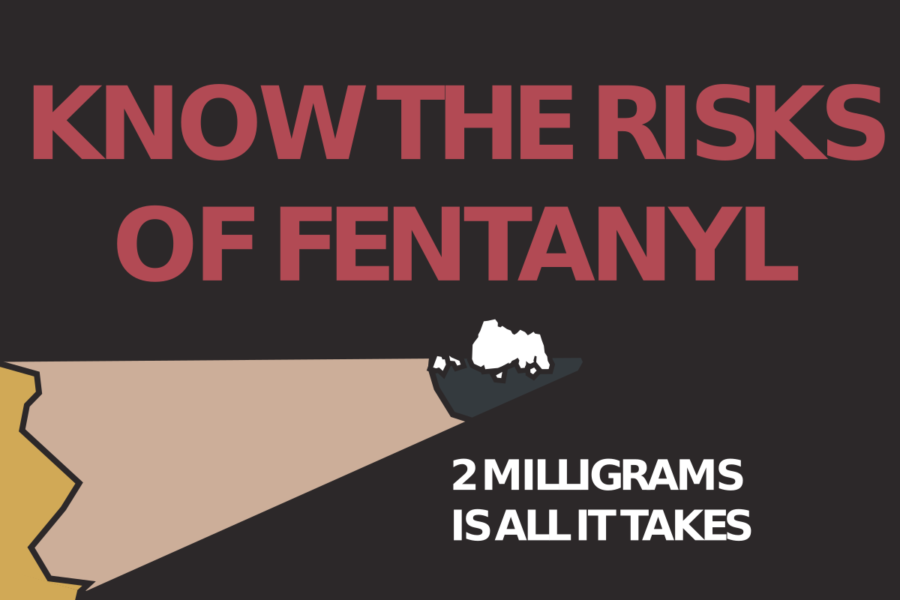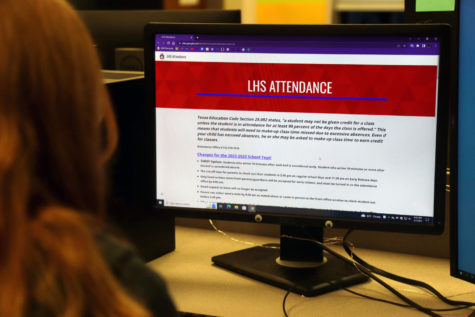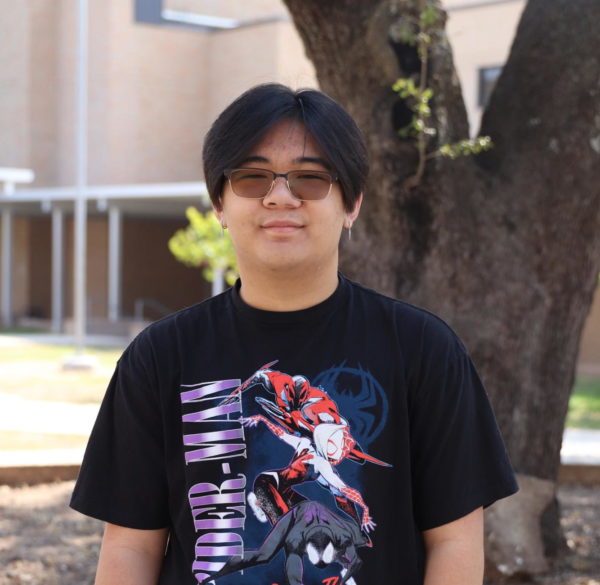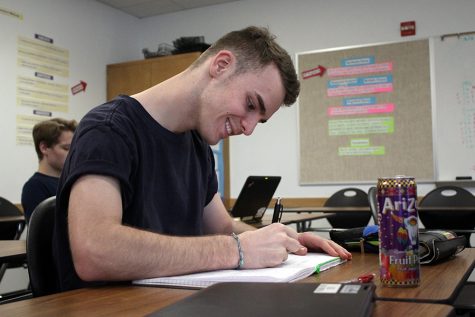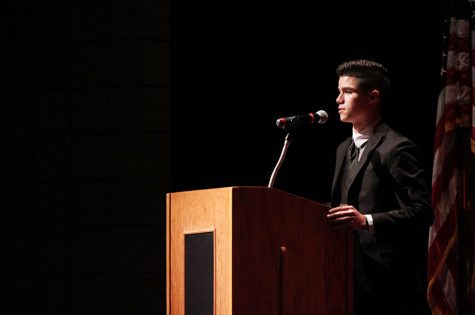The struggles of an introverted student
A discussion about participation requirements
A verbal post listing suggestions for how to respect individuals who are introverted. It includes respecting their need for privacy, and summarizes letting them thrive under their own “circumstances”.
January 22, 2016
As I suffer through mental and emotional anguish, the teacher paces back and forth, ready to ask a question. Who and what will she ask? Will it be me? What if it is me? What if I don’t know the answer? How will other students around me react- will they sneer, laugh? How will my teacher react? And if I do know the answer, will I stutter? Will anyone notice how nervous I feel, how lackluster my response is?
I am the individual silently but desperately praying that I am not the one the teacher will call on, dreading the very idea of being required to speak in front of my classmates with the possibility of being judged. Inevitably, as the introvert I am, (the one the teacher always singles out), of course I will be called on… Only to pause awkwardly, choke out my answer meekly, and then slump back into my chair with a sinking feeling in my heart, regardless of the initial feeling of relief or shame. The result of the endeavor will depend on the accuracy of my terror and anxiety-elicited response. Either way, irrational as it may seem to be, I will be made to feel uncomfortable, insecure, and anxious in the end: my heart pounding, mind racing with the possibilities of all that could have gone wrong in such a seemingly simple situation; and likely did go wrong. At no point will it cross my mind that I need to turn my focus back to the subject matter being taught.
So beside the obvious, what could possibly be wrong with this situation?
This forced contact with the teacher, a “higher” authority, in front of my peers, means being “put in the spotlight” (something more likely to be embraced by extroverts, who willing bask in the perceived “glory” that is the attention of an entire class).
And it is required in a number of classes in order to earn participation points that are vital to overall grade averages.
When an introvert’s grade depends upon his ability to respond quickly and “efficiently” in a group setting, (rather than depending on his actual knowledge and competency in respect to the topic), an introvert is significantly less likely to succeed in the class. He has already been demotivated by the requirement of “contact”. Contact means immediate insecurity. Sometimes it means fear. Rather than focusing on what they’re learning about, introverts are fighting the anxiety that accompanies basic social interaction; self-doubt, and the fear of being openly judged by peers and professor alike when said interaction occurs.
Some may argue that quick and efficient (or in other words, confident) responses are a “necessary evil” in order for students to be successful in “future settings” such as college or the workplace. However, this assumption overlooks the fact that the trait of being antisocial is often a lifelong constant, and therefore a permanent aspect of who someone is. Forced contact does not benefit introverted individuals in any way, as it does not erase the fears and “logistics” behind being antisocial; it only distracts and detracts from their greatest assets, and pushes them further off the “beaten track” of social interaction. Those who are antisocial tend to be independent workers and learners, and are far more successful when “left to their own devices”.
That being said… It is unfair for teachers to require that you interact with them or the class as a whole in order to earn a high grade, considering how it can only detract from your learning experience and comfort in the classroom as an introvert.
Most introverts find that listening and observing works far better for them (in terms of learning and “absorbing” material) than being forced to come up with answers to obscure questions on the spot ever will. This can be exemplified by their grades on homework, quizzes, projects, and tests. In the case that an introverted student is struggling with a concept, they will go to the teacher on their own time (before class, after class, etc) to obtain “one-on-one” help, rather than speaking out during class time. This allows the introvert to succeed on his own terms, while allowing the teacher to have confidence in him as a student.
So why grade an introvert based off of social competency versus his academic competency? Consider what an introverted student loses in the classroom when you take away his ability to learn comfortably by limiting him with required participation point grades, and penalizing him with point reductions- and take into account what he could gain by simply listening and observing in his comfort zone.


